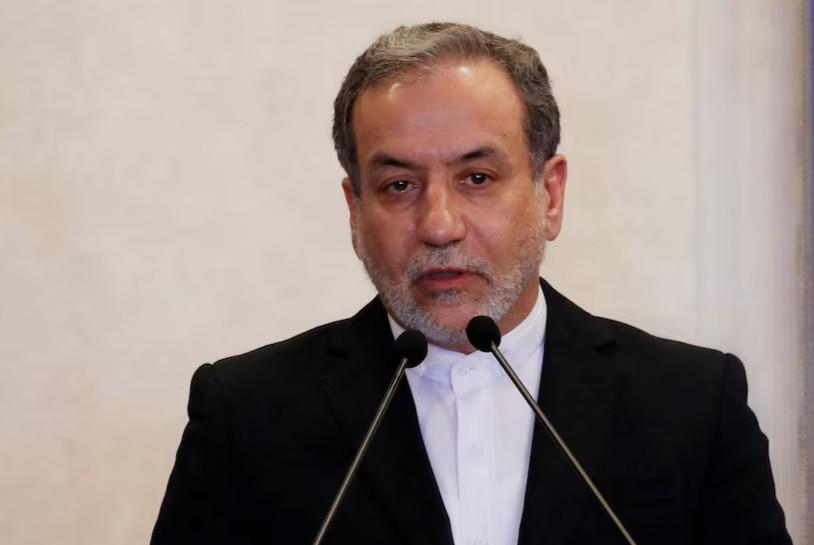
We Remain Committed to Nuclear Non-Proliferation Treaty: Iran
In a recent development, Iran’s Foreign Minister Abbas Araghchi has reaffirmed his country’s commitment to the Nuclear Non-Proliferation Treaty (NPT) and its safeguard agreement. This statement comes just a day after Iran enacted a law to suspend cooperation with the UN nuclear watchdog, the International Atomic Energy Agency (IAEA). The US has deemed Iran’s decision to suspend cooperation with the IAEA as unacceptable.
The NPT is a landmark treaty that aims to prevent the spread of nuclear weapons and weapons technology, and to promote cooperation in the peaceful use of nuclear technology. The treaty was signed in 1968 and has been ratified by more than 190 countries. The NPT is considered a cornerstone of international efforts to prevent the proliferation of nuclear weapons and promote global nuclear disarmament.
Iran has long been a signatory to the NPT and has consistently maintained that its nuclear program is peaceful and designed to meet its energy needs. The country has repeatedly denied any involvement in nuclear weapons development, and has called for the lifting of international sanctions imposed on it in response to concerns over its nuclear program.
The recent development comes at a time of heightened tensions between Iran and the US. In recent months, the US has imposed severe sanctions on Iran, targeting its oil exports and financial sector. Iran has responded by suspending some of its obligations under the NPT, including its cooperation with the IAEA.
The IAEA is responsible for verifying the implementation of Iran’s nuclear program and ensuring that it is not diverted towards military purposes. The agency has been monitoring Iran’s nuclear activities since 2003, and has consistently reported that Iran’s program is peaceful. However, the US and other Western countries have long been suspicious of Iran’s intentions, and have accused the country of pursuing a secret nuclear weapons program.
In response to Iran’s decision to suspend cooperation with the IAEA, the US has deemed the move as unacceptable and has called on Iran to reverse its decision. The US has also suggested that Iran’s actions may be in violation of its obligations under the NPT.
However, Iran has maintained that its decision to suspend cooperation with the IAEA is in response to the country’s own national interests. Iranian officials have argued that the IAEA’s inspections have been intrusive and have violated Iran’s sovereignty. They have also accused the agency of being biased towards the US and other Western countries.
Despite the tensions, Iran’s Foreign Minister Abbas Araghchi has reiterated his country’s commitment to the NPT and its safeguard agreement. In a statement, Araghchi said that Iran remains committed to its international obligations and will continue to cooperate with the IAEA in a way that is consistent with its national interests.
The statement comes as a relief to the international community, which has long been concerned about the potential risks of nuclear proliferation. The NPT has been instrumental in preventing the spread of nuclear weapons, and any destabilization of the treaty could have serious consequences for global security.
In conclusion, Iran’s reaffirmation of its commitment to the NPT and its safeguard agreement is a positive development in an increasingly tense international environment. While there are still many challenges ahead, the NPT remains a vital instrument for preventing the proliferation of nuclear weapons and promoting global nuclear disarmament.



